Mushrooms are essential organisms for the ecological balance of the planet, as they provide benefits to other living beings and fulfill various environmental and sustainable functions.
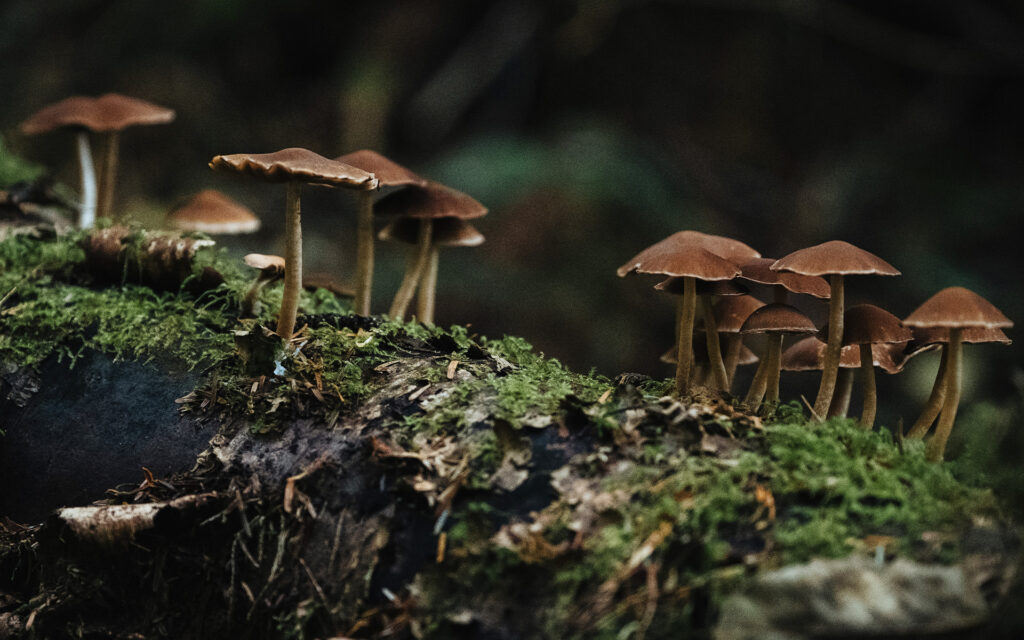
In addition to being a great food, they are key to saving our planet, being an option in agriculture, and eco-friendly and sustainable solutions.
The Fungi Kingdom, which is neither animal nor vegetable, is composed of fungi, mushrooms, and mold. We are referring to the group of eukaryotic organisms whose cells contain a defined nucleus. In this kingdom, there are single-celled members such as yeasts and mold and multicellular organisms such as mushrooms that we all know. The latter form hyphae and the set of hyphae form the mycelium, the mushrooms are the visible manifestation of this subterranean system. These are root-like filaments of fungi and constitute their nutritional apparatus. Through these networks, they obtain nutrients from other living organisms or decaying organic matter.
There are about 100,000 known species of fungi and it is estimated that there are more than 1 million unidentified. They can live in the most diverse habitats, such as deserts, seabeds, or areas exposed to radiation.
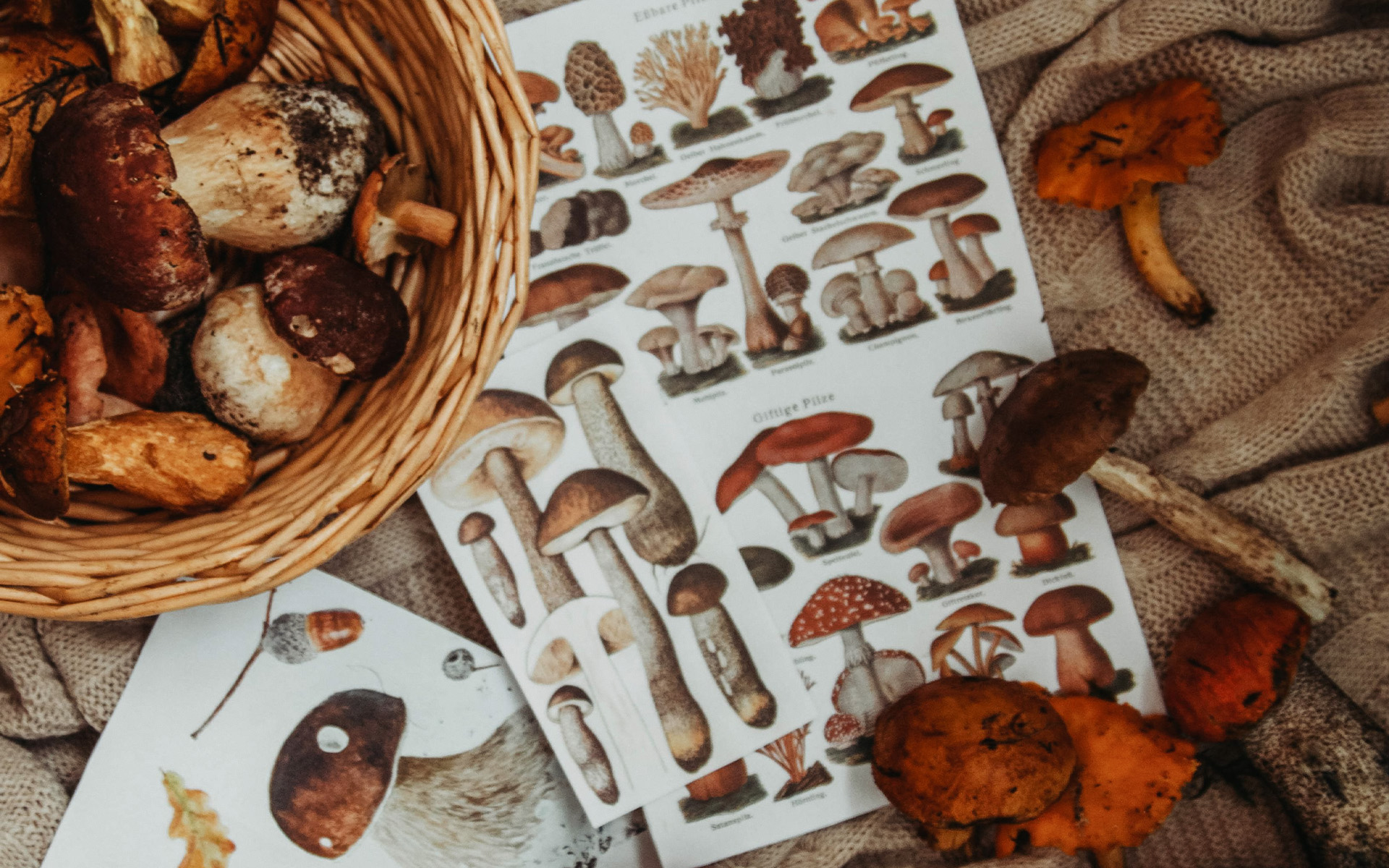
This vast realm, almost invisible to the naked eye, is a universe of colors, shapes, and functions that is just being explored. There are edible ones, with medicinal, hallucinogenic, poisonous, and bioluminescent properties and of all sizes.
What are the uses of mushrooms?
The usage is remarkably diverse and there are still many to be discovered. We can mention some that we use daily such as the yeast we use to ferment foods such as beer, bread, cheese, or wine. Also, edible mushrooms such as oyster mushrooms, pine mushrooms, parasols, or white truffles, which is a kind of mushroom that grows underground and is considered a very exclusive gastronomic delicacy.
Its role in medicine should not be forgotten. Penicillin, the first antibiotic in history, is due to the fortuitous discovery of Alexander Fleming, a Scottish scientist who in 1928 observed how a mold grew in one of his crops and killed the bacteria. Thanks to this discovery, it was possible to drastically reduce mortality from infections. Currently, in certain countries, microdoses of mushrooms are used to benefit mental health.
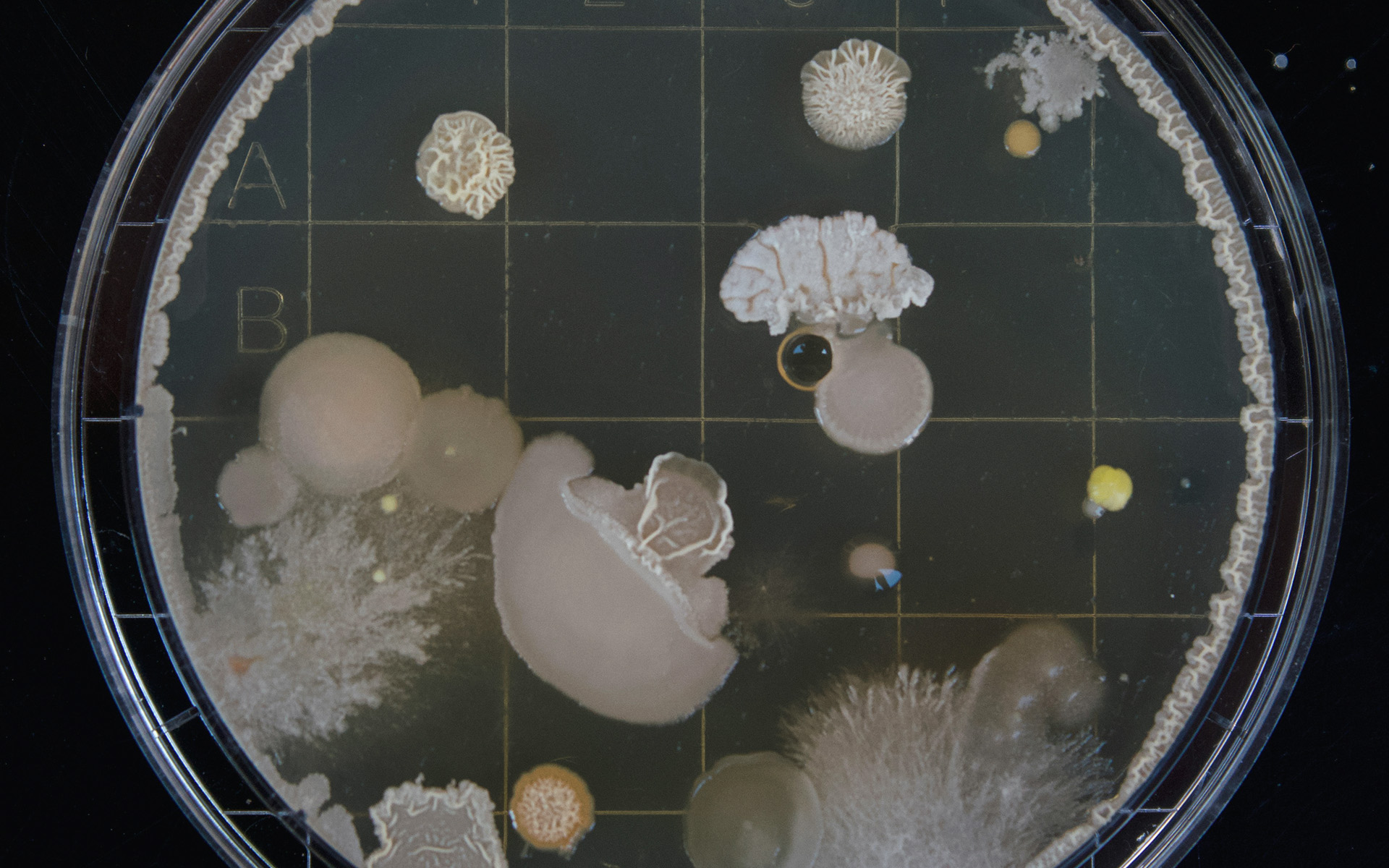
In addition to this, the fungi kingdom plays a fundamental role in the decomposition of organic matter and performs symbiosis with other species to maintain the biodiversity of the environment.
Nutrient decomposition and recycling
Fungi are instrumental in breaking down dead organic matter and turning it into nutrients for other organisms. Like insects, bacteria, and worms, fungi allow nutrients to return to the soil and release substances vital to other organisms. Thus, allowing the restoration of degraded lands to fertile lands. If this cycle is interrupted, ecosystems will become overloaded with dead organic matter.
Mycelium creates huge networks that help maintain soil structure and porosity, allowing for better water retention and conservation. This function is essential for the sustainability of crops in dry areas.
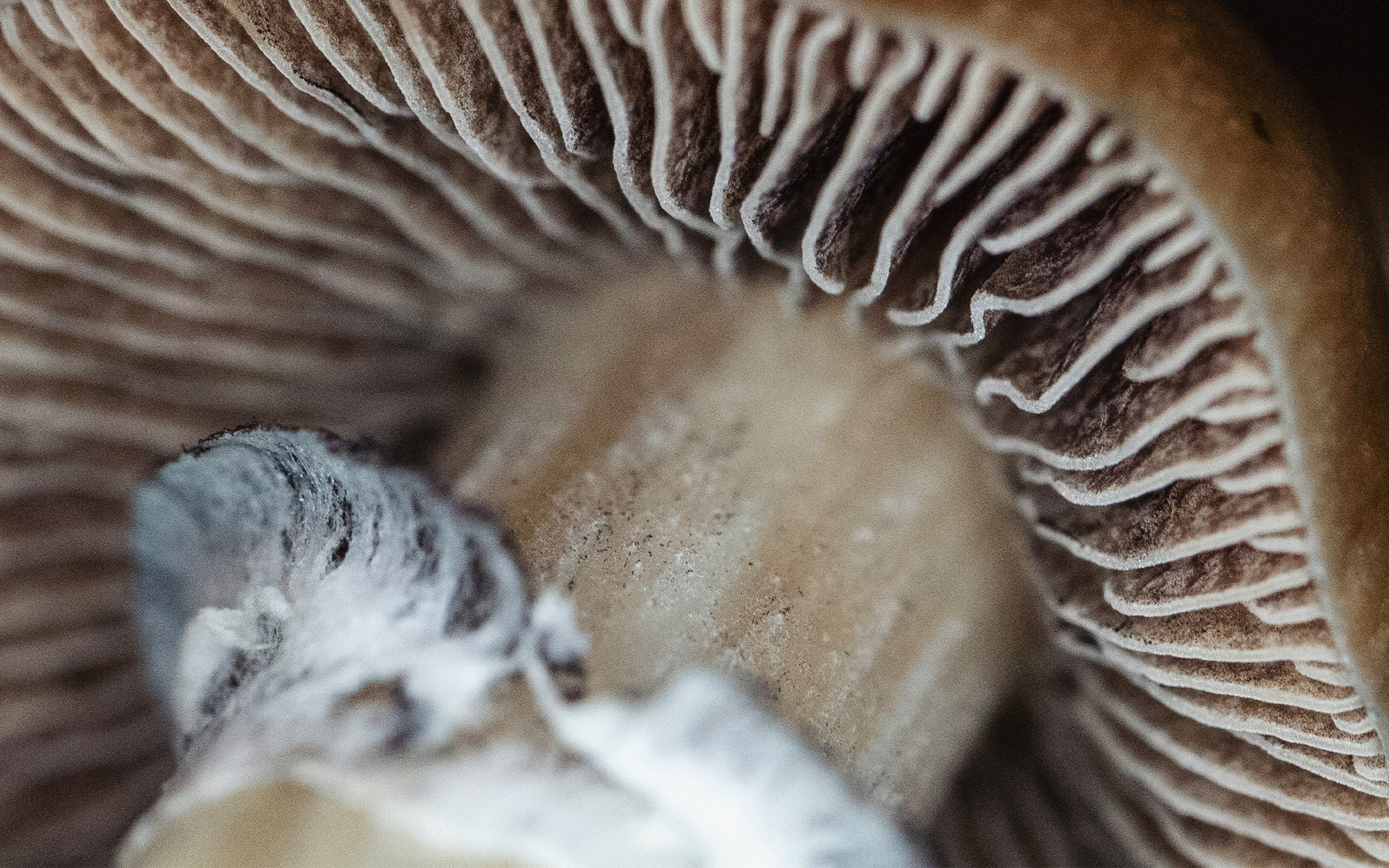
Processes of symbiosis with plants and animals
One of the most important associations is mycorrhizae, a symbiotic process between plant roots and fungi. This allows the plant to increase the uptake of water and nutrients from the soil and at the same time the fungus receives carbohydrates produced by photosynthesis.
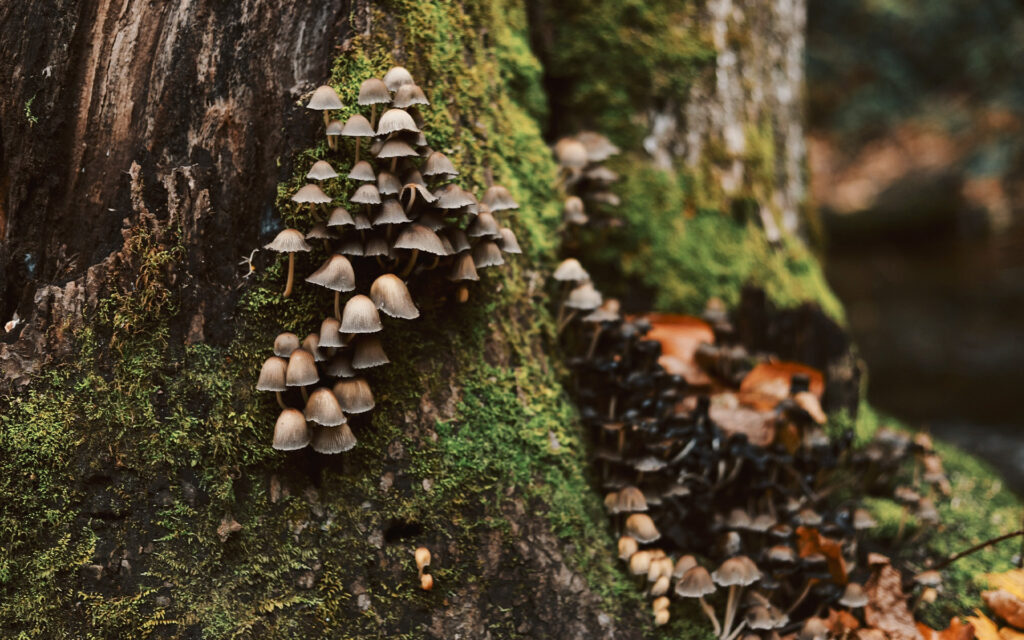
The symbiotic association between a fungus and an algae or cyanobacterium gives rise to lichens. They promote soil conservation, provide food, and shelter for some insects, and prepare the soil for other plants to grow around it.
Some mushrooms are capable of infecting other organisms or insects that cause pests or diseases, contributing to biological control. They are used as natural defenders against pathogens, decreasing dependence on chemical pesticides.
Extracts from some mushrooms and fungi are used as organic fertilizers and pesticides and do not harm beneficial plants or pollinating insects.
On the other hand, other types of mushrooms are capable of degrading polluting substances, such as toxins, hydrocarbons, or heavy metals, allowing contaminated soil or water to be cleaned. This process is called bioremediation and allows, among other things, to clean up soils contaminated with oil and its derivatives.
However, its benefits do not end there. It has been discovered that these organisms can have other sustainable applications as we will see below.
Biomaterials
Biomaterials can be built from mycelium, these filaments that grow and decompose organic matter and plant waste. These materials, which replace, for example, single-use plastic and Telgopor, are fire-resistant, biodegradable, and low-carbon.
These biomaterials are grown in molds, thus achieving a variety of forms that are employed in design, architecture, art, and fashion. They have the advantage of being biodegradable and compostable, reducing waste and resources. They are also low-cost, renewable, durable, and very resilient. Also, because they are flexible and lightweight, they adapt to different designs and are easy to transport.
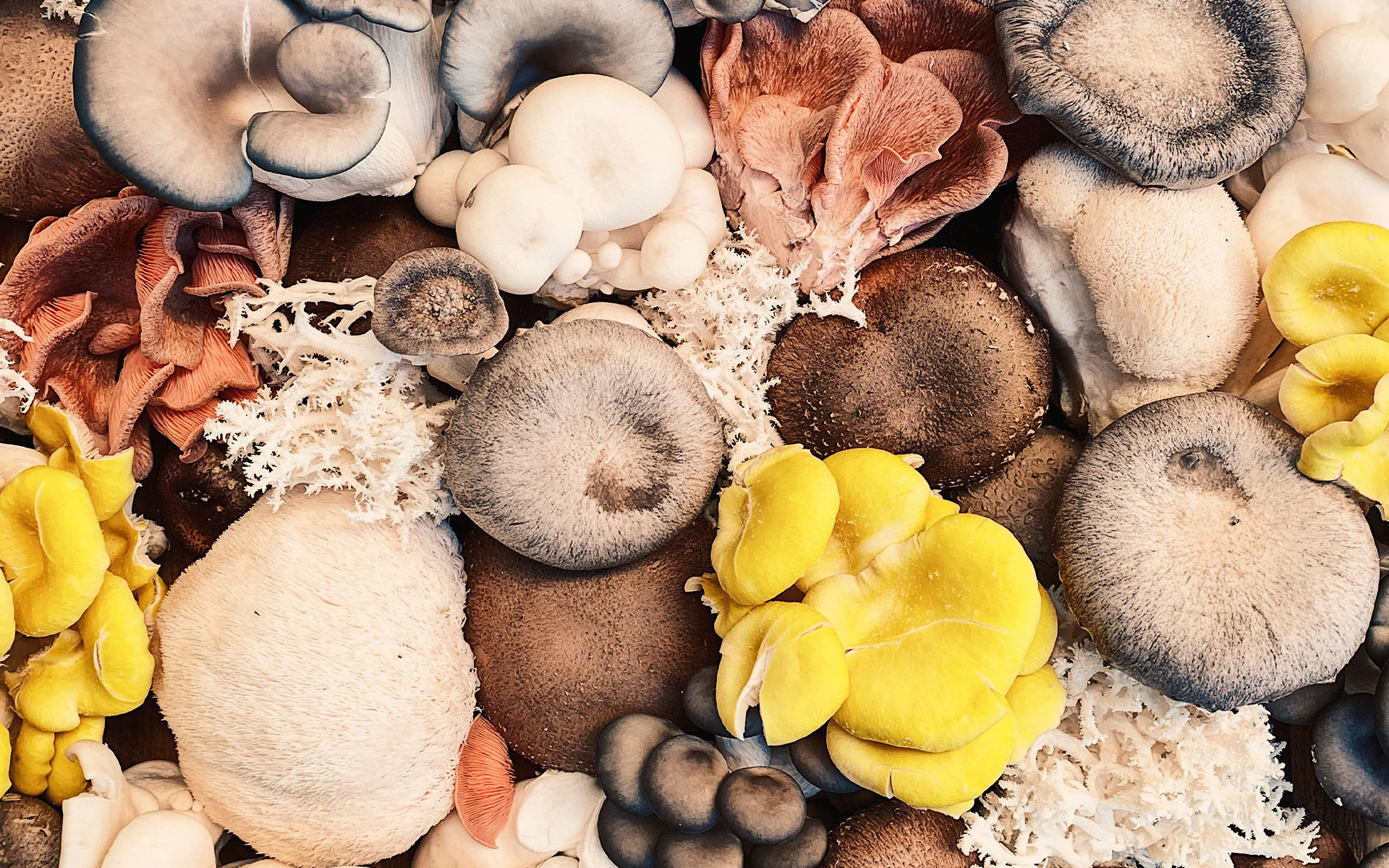
Panels and building blocks have been created for strong, dense packaging. In addition, materials have been created that replace leather and textile elements and are used as acoustic and thermal insulators.
For example, the fungus Fomes fomentarius (tinder or horse’s foot fungus), a parasitic species found in the Americas, Asia, Africa, and Europe, is one of the natural and biodegradable alternatives to plastic.
In summary, these are just a few examples of how mushrooms can be more than just delicious food. Fungi are allies that contribute to solving global problems, driving an ecological and sustainable future in sectors such as food, construction, and fashion.
As we can see, fungi offer a variety of eco-friendly options that can help create more sustainable and regenerative systems, contributing to ecosystem health, biodiversity, and long-term sustainability. At a time when it is so necessary to direct our steps towards a much more sustainable model of existence, the fungal kingdom can play a crucial role in achieving this, emerging as an unexpected protagonist.





